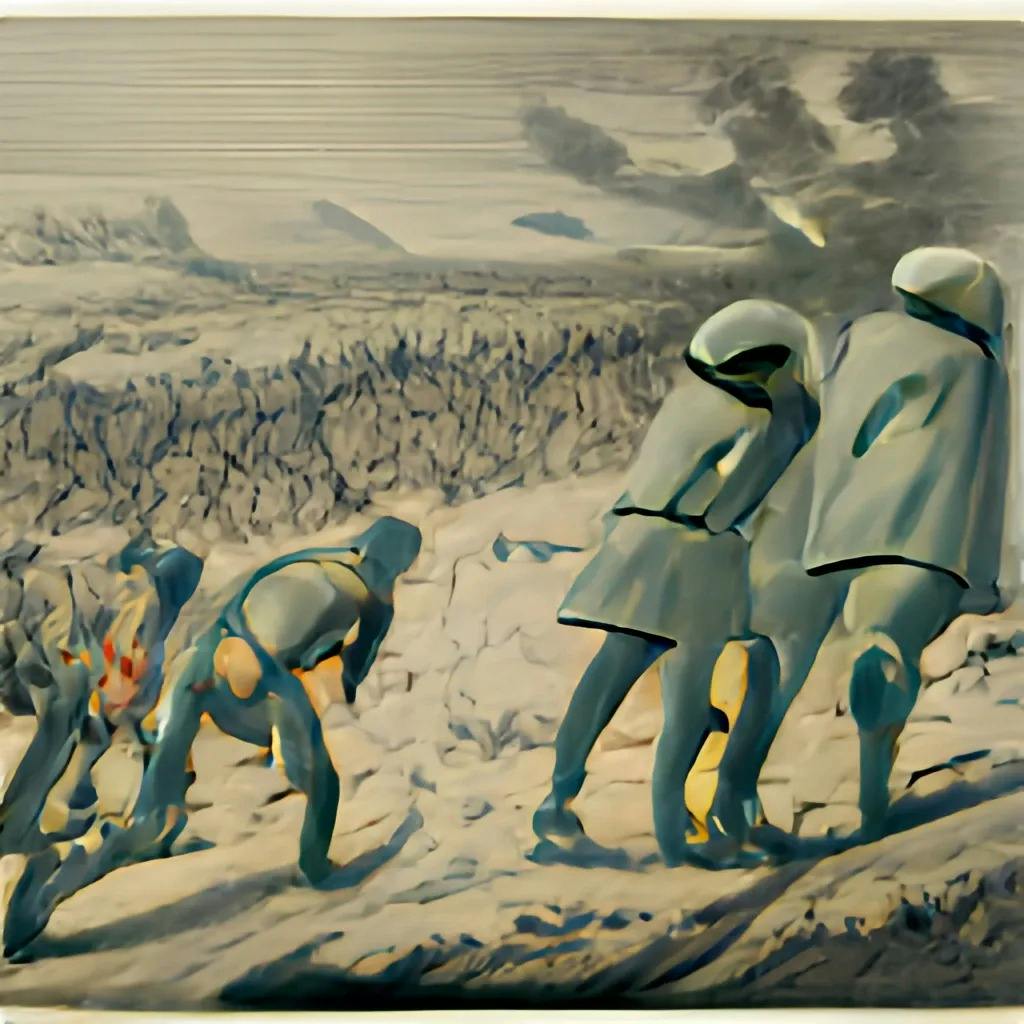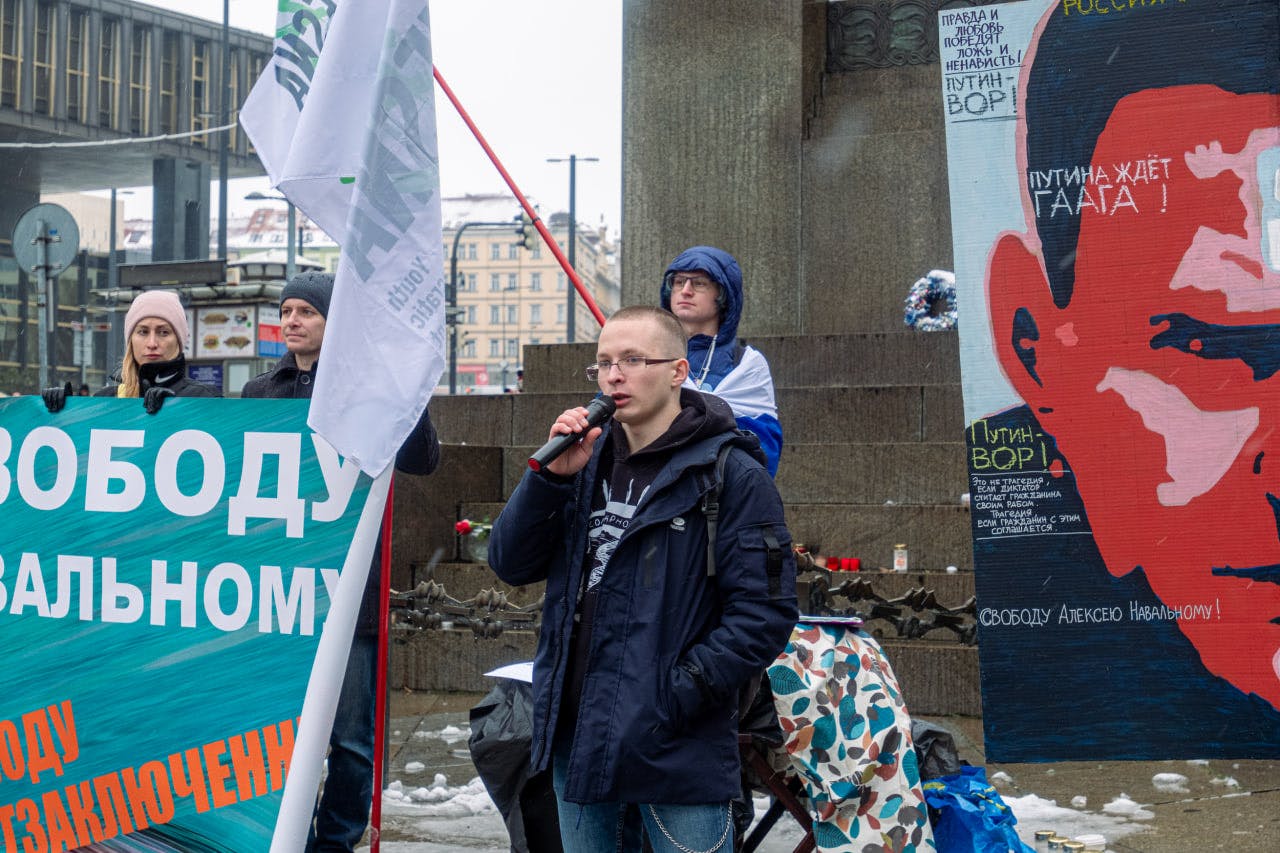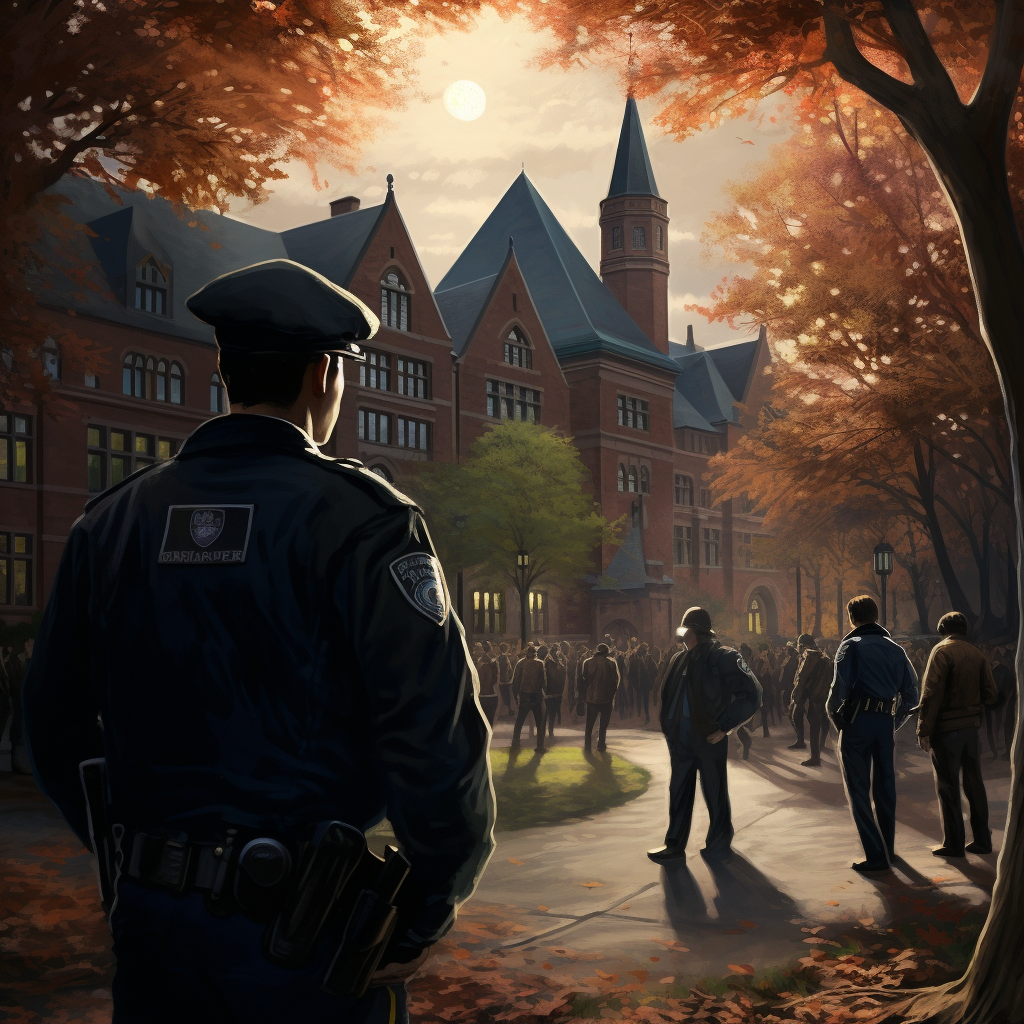How All of Russian TV Became State-Controlled
Short biography of the freedom that never happened.



How Russia uses prisoners as “cannon fodder” and what happens to those who manage to survive
In November 2022, Vladimir Putin amended the legislation on calling up military reservists to include people with unsealed criminal records, with certain exceptions. This law cleared the way to officially draft prison inmates, including rapists and murderers, into the armed forces.
However, according to numerous reports, thousands of convicts had already been drafted and sent to the frontline before the legalization of this procedure.
Evidence of mass “mobilisation” of prisoners emerged in independent Russian media in July 2022. The Russia Behind Bars foundation, which helps convicts and their families, stated that the first wave of recruiting prisoners occurred even earlier, in February–March, but was relatively small and selective.
By the middle of the summer, the situation had escalated, and relatives of inmates from all over the country started reporting that their family members had been invited to sign as “volunteers” and go to the front line.
The recruitment campaign has not been run by the state military forces but by the private military company Wagner, created by a Russian oligarch and one of the closest and most influential of Putin’s allies, Evgeny Prigozhin.
According to numerous reports, Prigozhin personally visited penal colonies to recruit inmates. He promised them freedom after half a year of service in Ukraine, even though Russian law didn’t (and still doesn’t) allow commutations of prison sentences in exchange for military or mercenary service.
Later, there were reports that the Russian Ministry of Defense also began to recruit soldiers among imprisoned people.
According to Russia Behind Bars, by the beginning of August, the recruiters from PMC Wagner had visited at least 17 colonies in the country’s 10 regions and selected more than 1,000 people who agreed to go to war. Subsequently, the number of convicts who turned into soldiers increased dramatically. At the end of October, it was estimated as more than 20,000 people.
In support of this estimation, Russian independent media outlet Mediazona counted that over just two months, from September 1 to November 1, the prison population in Russia decreased by 23,000 people without mass-scale amnesty or any other reason, except for war.
According to Olga Romanova, head of Russia Behind Bars, the prisoners are sent to the front line to clear paths through minefields and draw enemy fire.
Desertion, marauding, and drug use are declared punishable by execution. One of the strongest pieces of evidence that this might be not just a threat is a video allegedly showing an extrajudicial execution of a recruited convict, Yevgeny Nuzhin, who surrendered to the Ukrainian Armed Forces. According to the Ukrainian President’s Office, he agreed to return to the Russian troops’ location as part of a prisoner exchange. After that, he was presumably executed as a “traitor.”
However, some of the conscripted convicts have successfully completed their six-month service in Ukraine and returned to Russia. In January 2023, Wagner founder Evgeny Prigozhin stated that the first group of prison recruits received their promised pardons from the Russian state.
It is still unclear what legal mechanism was used to free the inmates-turned-combatants, including people convicted of murder, armed robbery, and organized crime. According to Russian law, convicts can be pardoned only under a presidential decree.
A Presidential Human Rights Council member, Eva Merkacheva, stated that the recruited convicts had been pardoned before leaving the penal colony under a secret decree signed by Vladimir Putin. This version is convenient for the state authorities as it is difficult to verify.
Short biography of the freedom that never happened.

...do not give up and do not despair, do what you think is the right thing to do. Russia will definitely be free.

Russia is seizing the control of academic freedoms of both private and public universities. How does this work? Has any school remained free?

Our media platform would not exist without an international team of volunteers. Do you want to become one? Here's the list of currently opened positions:
Is there any other way you would like to contribute? Let us know:
We talk about the current problems of Russia and of its people, standing against the war and for democracy. We strive to make our content as accessible as possible to the European audience.
Do you want to cooperate on content made by the Russian standing against the war?
We want to make people of Russia, who stand for peace and democracy, heard. We publish their stories and interview them in Ask a Russian project.
Are you a person of Russia or know someone who would like to share their story? Please contact us. Your experience will help people understand how Russia works.
We can publish your experience anonymously.
Our project is ran by international volunteers - not a single member of the team is paid in any way. The project, however, has running costs: hosting, domains, subscription to paid online services (such as Midjourney or Fillout.com) and advertising.
Our transparent bank account is 2702660360/2010, registered at Fio Banka (Czech republic). You can either send us money directly, or scan one of the QR codes bellow in your banking app:




Note: The QR codes work only when you scan them directly from your banking app.
Russia started the war against Ukraine. This war is happening from 2014. It has only intensified on February 24th 2022. Milions of Ukrainians are suffering. The perpetrators of this must be brought to justice for their crimes.
Russian regime tries to silence its liberal voices. Russian people against the war exist - and the Russian regime tries its best to silence them. We want to prevent that and make their voices heard.
Connection is crucial. The Russian liberal initiatives are hard to read for European public at times. The legal, social and historical context of Russia is not always clear. We want to share information, build bridges and connect the liberal Russia with The West.
We believe in dialogue, not isolation. The oppositional powers in Russia will not be able to change anything without the support of the democratic world. We also believe that the dialogue should go both ways.
The choice is yours. We understand the anger for the Russian crimes. It is up to you whether you want to listen to the Russian people standing against this.